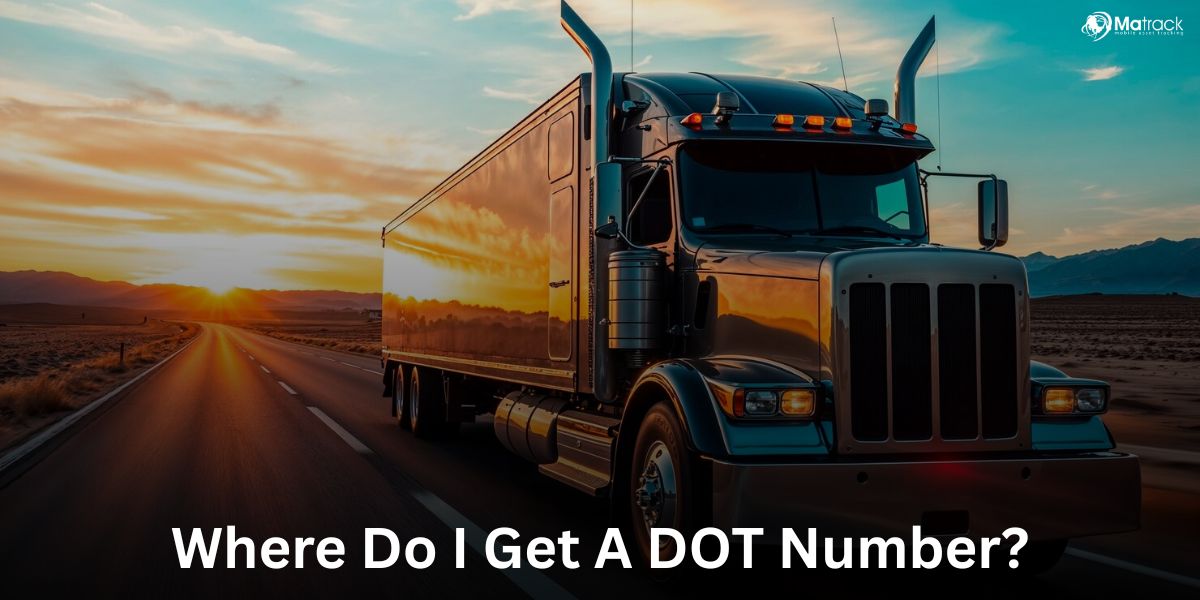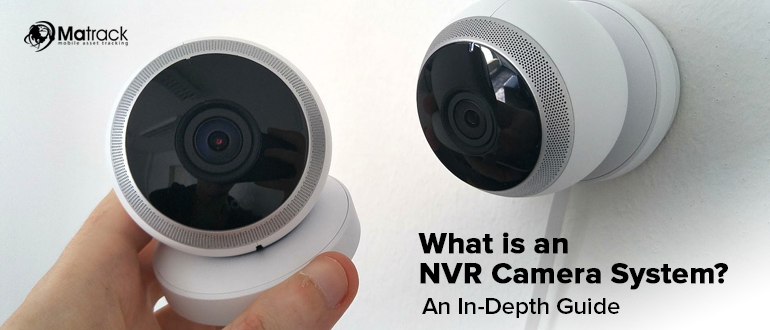Key Takeaways:
- A DOT number is a federal identifier that links commercial vehicle operations to safety and compliance records under FMCSA regulations.
- It is required if your business involves crossing state lines, transporting hazardous materials, or operating heavy or passenger-carrying vehicles.
- You can get a DOT number by registering through FMCSA’s Unified Registration System and submitting Form MCSA-1 online.
- Keeping your DOT information updated and maintaining safety records is essential to staying compliant and avoiding federal penalties.
What Is A DOT Number?
A DOT number is an official identifier issued by the Federal Motor Carrier Safety Administration (FMCSA) to commercial vehicle operators. It connects a transportation business to its safety records, inspections, audits, and compliance history under federal regulations.
The DOT number is required for companies that operate commercial vehicles across state lines or transport hazardous materials. It allows authorities to track operational accountability and ensures that the carrier meets legal and safety standards at all times.
Why Does A DOT Number Matters?
- Legal Authorization: A DOT number legally registers your business with the FMCSA, making your commercial operations recognized and compliant under federal law.
- Safety Accountability: It links your company to records like vehicle inspections, accident reports, and driver qualifications, allowing regulators to monitor safety performance.
- Interstate Operation Requirement: If your vehicles cross state lines, a DOT number is mandatory to operate across jurisdictions without legal violations.
- Hazardous Material Transport Compliance: Businesses that haul hazardous materials must display a DOT number to meet federal transport and safety regulations.
- Business Credibility: Having a valid DOT number increases trust with clients, insurers, and partners by showing your operation meets regulatory standards.
- Enables Tracking and Enforcement: The number allows authorities to conduct audits, issue warnings, or enforce penalties when safety or legal issues arise.
Who Needs A DOT Number?
Vehicle Weight or Operation Type
If your truck or van weighs more than 10,001 pounds, the DOT classifies it as a commercial vehicle. In that case, you are required to get a DOT number to operate legally.
You also need a DOT number if your vehicle is used to carry hazardous materials that require placards. The same rule applies if you transport nine or more passengers for compensation, including the driver.
Operating Across State Lines
If your commercial vehicle moves between different states, you are automatically subject to federal DOT regulations. A DOT number is necessary to operate across state lines without facing penalties.
Even if your business stays within one state, some states require a DOT number based on vehicle type, weight, or cargo. You should always verify with your state’s transportation department to avoid unexpected violations.
Hazmat Carriers
If your business involves transporting hazardous materials, a DOT number is mandatory under federal law. This includes items such as flammable liquids, corrosive substances, and other dangerous goods.
A DOT number connects your business to the proper safety tracking systems. It ensures that your vehicles meet the strict handling and documentation standards for hazardous materials.
How To Get A DOT Number?
Collect Required Information
Start by gathering all the key business details FMCSA requires. This includes your legal business name, any DBA (Doing Business As) name, and your primary business address with contact number.
You will also need the name and contact details of the person responsible for DOT compliance. Have your Employer Identification Number (EIN) or Social Security Number (SSN) ready, along with the number of commercial vehicles and drivers in your operation.
Confirm Regulatory Need
Before applying, check if your business falls under the FMCSA rules for DOT number eligibility. This typically includes crossing state lines, operating vehicles above certain weight limits, transporting hazardous materials, or carrying passengers.
If your business operates entirely within one state, confirm whether your state requires intrastate DOT registration. State-specific rules can vary, so checking early can prevent compliance issues later.
Register Online via FMCSA’s Portal
Begin by creating an account in the FMCSA’s Unified Registration System (URS), which is the official online platform for all DOT-related applications. Once logged in, complete the Form MCSA-1, which collects your operation’s details.
After completing the form, submit it directly through the portal. In most cases, your DOT number is issued immediately or within a few business days through email or your URS account.
Receive Your DOT Number
Once your application is processed, FMCSA will issue your unique DOT number. You will receive it via email or through your URS account dashboard.
Make sure you document this number in your official business records. You must also display it clearly on both sides of each commercial vehicle according to FMCSA marking guidelines.
Maintain and Update Compliance
You are required to keep your DOT registration up to date by reporting changes like business address, ownership, or the number of vehicles. FMCSA requires these updates to be submitted within 30 days.
In addition, you must file a biennial update and maintain records such as driver files, vehicle maintenance logs, hours-of-service documentation, and any incident reports. Regular updates help ensure uninterrupted compliance and avoid penalties.
Conclusion
Getting a DOT number is a legal requirement for many commercial vehicle operators. It applies if you are crossing state lines, transporting hazardous materials, or operating vehicles that meet federal thresholds.
You can obtain a DOT number by registering through the FMCSA’s Unified Registration System. After receiving the number, keeping your records accurate and updated ensures your business remains compliant and avoids penalties.



